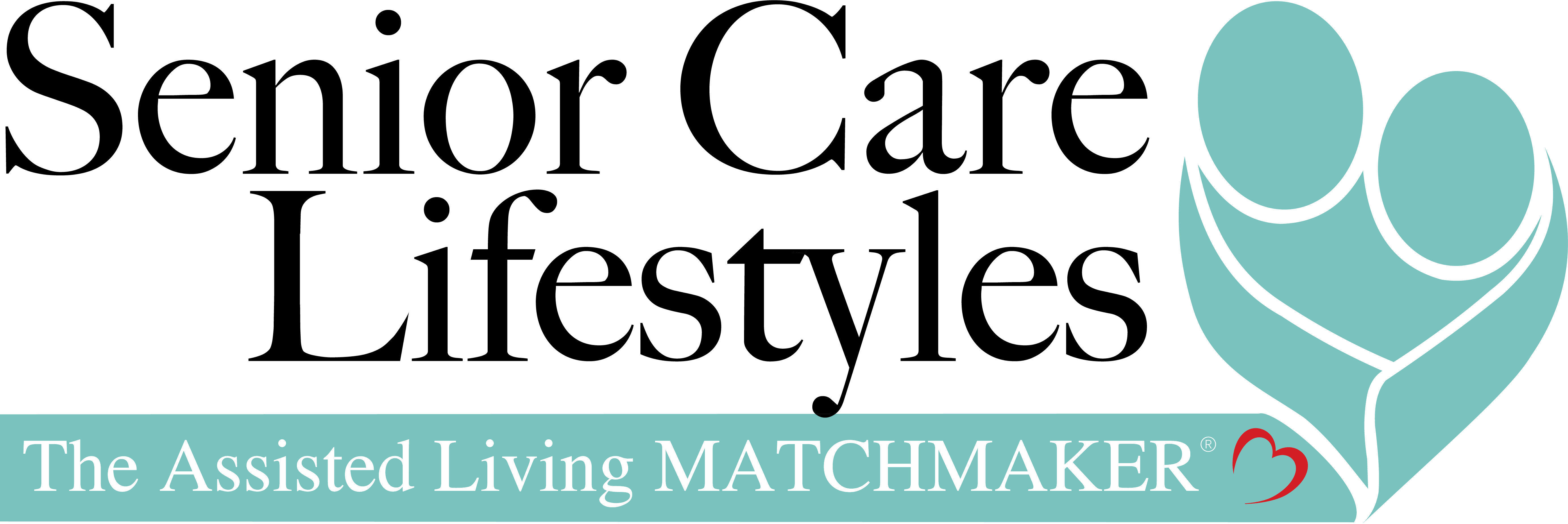- Serving, Baltimore, Harford, Howard, Anne Arundel and other surrounding counties.
- 410-977-3718
What Every Caretaker and Senior Should Know About Lewy Body Dementia

When many people hear that a loved one has been diagnosed with dementia, they assume that the underlying condition is Alzheimer’s disease. In reality, there are multiple conditions that can lead to different forms of dementia. The third most common form of dementia is believed to be Lewy body dementia. The presentation of the condition may mimic Alzheimer’s or Parkinson’s, but there are critical differences.
What Is Lewy Body Dementia?
Over the progression of this disease, protein deposits known as Lewy bodies form in your brain. These prevent nerve cells from properly communicating with each other and the rest of your body. Those experiencing this type of dementia can have cognitive impairments and hallucinations. Hallucinations can also take the shape of vivid dreams that cause them to act out during their slumber. In general, Lewy body dementia does not involve memory loss until the disease has progressed to a later stage. The primary confusion between Lewy body dementia and Parkinson’s disease comes from the palsy and stiffness that can occur and appear similar to Parkinson’s.
What Are the Risk Factors of Developing Lewy Body Dementia?
Lewy body dementia only accounts for 5-10% of all dementias, so it’s important to have formal testing done to determine the root cause of your loved one’s dementia. Some of the risk factors for developing Lewy body dementia include:
- Genetics
- Diagnosis of other diseases that increase your risk factors, including Parkinson’s disease
- Age older than 50
What Happens As Lewy Body Dementia Progresses?
There are seven separate stages of the condition, and many people make it through the early stages without a formal diagnosis due to slight cognitive challenges. Once the cognitive impairment progresses to Lewy stage 4, many seniors are formally diagnosed. In stages 5 and 6, many patients develop symptoms similar to Parkinson’s that make it more challenging to move. Eventually, patients will become unable to communicate or walk. Early detection is critical to slow the progression, so any senior with symptoms should visit their doctor as soon as possible. There is no cure for Lewy body dementia, but there are different treatment protocols that can slow the progression and ease the symptoms.
Care for Your Senior Loved Ones with Senior Care Lifestyles
Senior Care Lifestyles specializes in connecting seniors with the right in-home care, assisted living, or senior living community to meet their needs. We have helped hundreds of clients and treat each senior as a valued member of our own family deserving our personalized attention, compassion and respect.
For help, or questions please call us at 410-977-3718 or send a message through our website www.seniorcarelifestyles.com.




